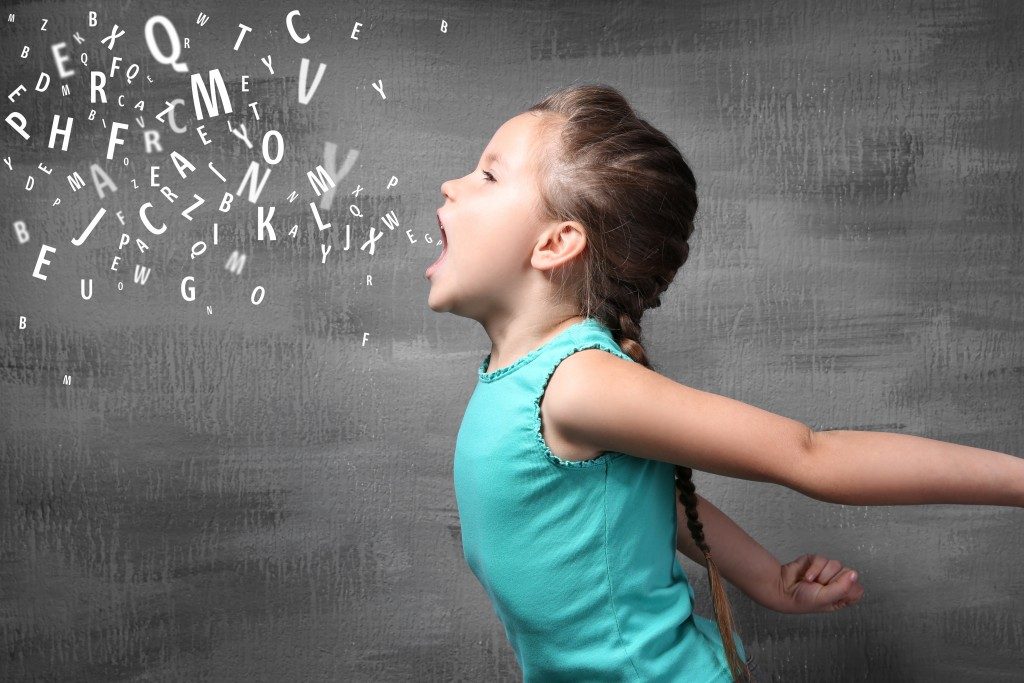What is Social Communication Disorder?
Children with social communication disorder have trouble using language to interact with other people. They understand language and can use it in some contexts, but they have trouble communicating in social situations. They might struggle to interpret other people’s words and gestures, use greetings, and have conversations. Often, they have trouble following stories or understanding implied meanings that are clear to other kids their age.
Social communication disorder does not mean that a child isn’t smart. It is a relatively new diagnosis. In the past, kids with social communication disorder were diagnosed with a type of autism spectrum disorder.
Signs and Symptoms of Social Communication Disorder
Individuals with SCD have trouble communicating in everyday social situations. The signs and symptoms of a social communication disorder may vary between two individuals.
Here are some of the common signs of social communication disorder –
- They don’t understand sarcasm and maybe overly literal.
- Individuals with SCD may not provide background information to unfamiliar people when talking.
- They may have trouble understanding meanings that are not stated but implied in a conversation.
- People with SCD may have difficulty following facial expressions and social cues.
- They may fail to use proper greetings.
- Individuals with SCD may face difficulty in understanding and narrating stories.
- They may not be able to use verbal and non-verbal gestures.
- Often, individuals with SCD have problems maintaining close friendships.
These signs of social communication disorder may occur irrespective of the age of the individual in question.
However, young children may have some delays in achieving social communication milestones, such as using gestures and sounds to greet their peers. They may even show reluctance in pursuing social interaction.
Typically, the signs of social communication disorder typically show up early, but teachers and parents may have trouble recognizing them. The diagnosis of this condition is often delayed due to the lack of understanding of these behaviors as potential signs of a communication disorder.
Causes of Social Communication Disorder
It’s not clear what causes SCD. But it often occurs with other conditions and challenges. These include autism, ADHD, trouble with reading, and language disorders. To get to the bottom of the communication issues, it’s important to look at what else might be going on.
SCD isn’t related to intelligence. People who have it are just as smart as other people. But it can create challenges at school, at work, and in everyday life.
To diagnose SDC, speech-language therapists use a variety of tests. These tests look at verbal and nonverbal communication skills in different settings. Therapists might also observe kids in the classroom and at home.
Treatment of Social Communication Disorder
Treatment focuses on helping a person develop social and communication skills and providing accommodations that make it easier for them to function.
In most cases, a person will need the support of a speech-language pathologist. They may also need mental health support.
Some treatment options include:
- Assistive communication devices: These devices can help a person communicate in settings where they might otherwise find it too difficult.
- Communication training and support: Interventions that teach people communication skills may make communication easier. For example, social scripts can help teach children language strategies for social interaction, while social stories can build an understanding of social situations through stories.
- Social skills practice: Various interventions can help people practice their social skills. For example, peers without SCD may work with a child with SCD to practice social skills, or a person might practice skills with a therapist.
- Culturally specific training: Communication norms vary from culture to culture, and the expectations of one culture might be unusual in another. For this reason, it is important for people to get support from culturally competent providers.
- Behavioral interventions: Behavioral treatments reward the behavior that a healthcare professional wishes to see, such as making eye contact or communicating with peers. However, behavioral strategies are controversial in the neurodiversity community because of concerns about abuse and the stigmatization of neurodivergence. Behavioral interventions are not the only option for treatment.
